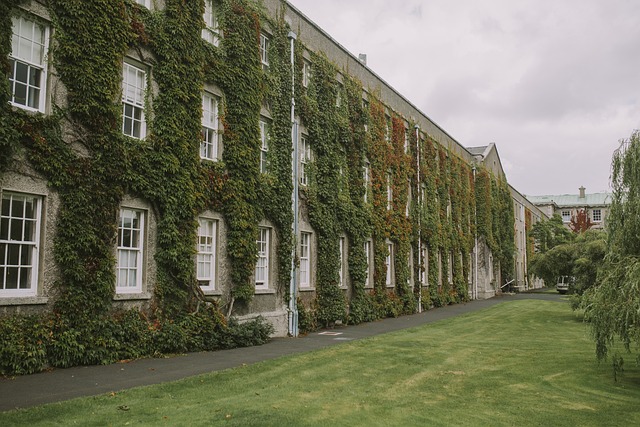
Hunter Commission
Hunter Commission
The Hunter Commission, officially known as the Education Commission of 1882, was a significant milestone in the history of education in India. Appointed by Viceroy Lord Ripon, the commission aimed to address various issues related to the implementation of the Wood’s Despatch of 1854 and to evaluate the state of elementary education in British India. Its recommendations laid the groundwork for educational reforms that would shape the future of education in the country.
Background
In the mid-19th century, the British colonial government recognized the need for a structured educational framework in India. The Wood’s Despatch of 1854 had set the foundation for educational policy, but its implementation faced numerous challenges. Complaints regarding the lack of progress prompted the establishment of the Hunter Commission.
Objectives of the Commission
The primary objectives of the Hunter Commission were:
- To investigate the complaints regarding the non-implementation of the Wood’s Despatch.
- To assess the current state of elementary education across British territories.
- To make recommendations for the expansion and improvement of educational facilities.
Key Recommendations
The commission’s report, delivered in 1882 under the leadership of Sir William Wilson Hunter, included several important recommendations:
- Curriculum Development: The commission advocated for a curriculum that included practical subjects such as agriculture and physics, alongside traditional theoretical courses. This approach aimed to make education more relevant to the needs of society.
- Focus on Inclusivity: Special emphasis was placed on the education of lower castes, women, and Muslims. The commission recognized the importance of providing equal educational opportunities to all sections of society.
- Infrastructure Improvement: Recommendations were made to enhance the infrastructure of schools, ensuring better facilities for students and teachers alike.
- Teacher Training: The commission stressed the need for trained teachers to improve the quality of education. This included establishing training colleges for prospective educators.
Impact on Education in India
The Hunter Commission's report is regarded as a turning point in India's educational history. Its realistic proposals led to significant advancements in the education sector. By promoting a more inclusive and practical approach to education, the commission helped lay the foundation for future reforms.
Moreover, the focus on women's education and the education of marginalized communities marked a progressive step towards social equity. The commission's recommendations encouraged the establishment of schools that catered specifically to these groups, thereby promoting a more educated society.
Conclusion
In summary, the Hunter Commission played a crucial role in shaping the educational landscape of India. Its comprehensive report not only addressed the shortcomings of previous educational policies but also set a new direction for future reforms. The emphasis on practical education, inclusivity, and teacher training contributed to the gradual improvement of the education system in India, making it more accessible and relevant to the needs of its diverse population.

















 Ole Miss
Ole Miss 
 Health
Health  Fitness
Fitness  Lifestyle
Lifestyle  Tech
Tech  Travel
Travel  Food
Food  Education
Education  Parenting
Parenting  Career & Work
Career & Work  Hobbies
Hobbies  Wellness
Wellness  Beauty
Beauty  Cars
Cars  Art
Art  Science
Science  Culture
Culture  Books
Books  Music
Music  Movies
Movies  Gaming
Gaming  Sports
Sports  Nature
Nature  Home & Garden
Home & Garden  Business & Finance
Business & Finance  Relationships
Relationships  Pets
Pets  Shopping
Shopping  Mindset & Inspiration
Mindset & Inspiration  Environment
Environment  Gadgets
Gadgets  Politics
Politics 